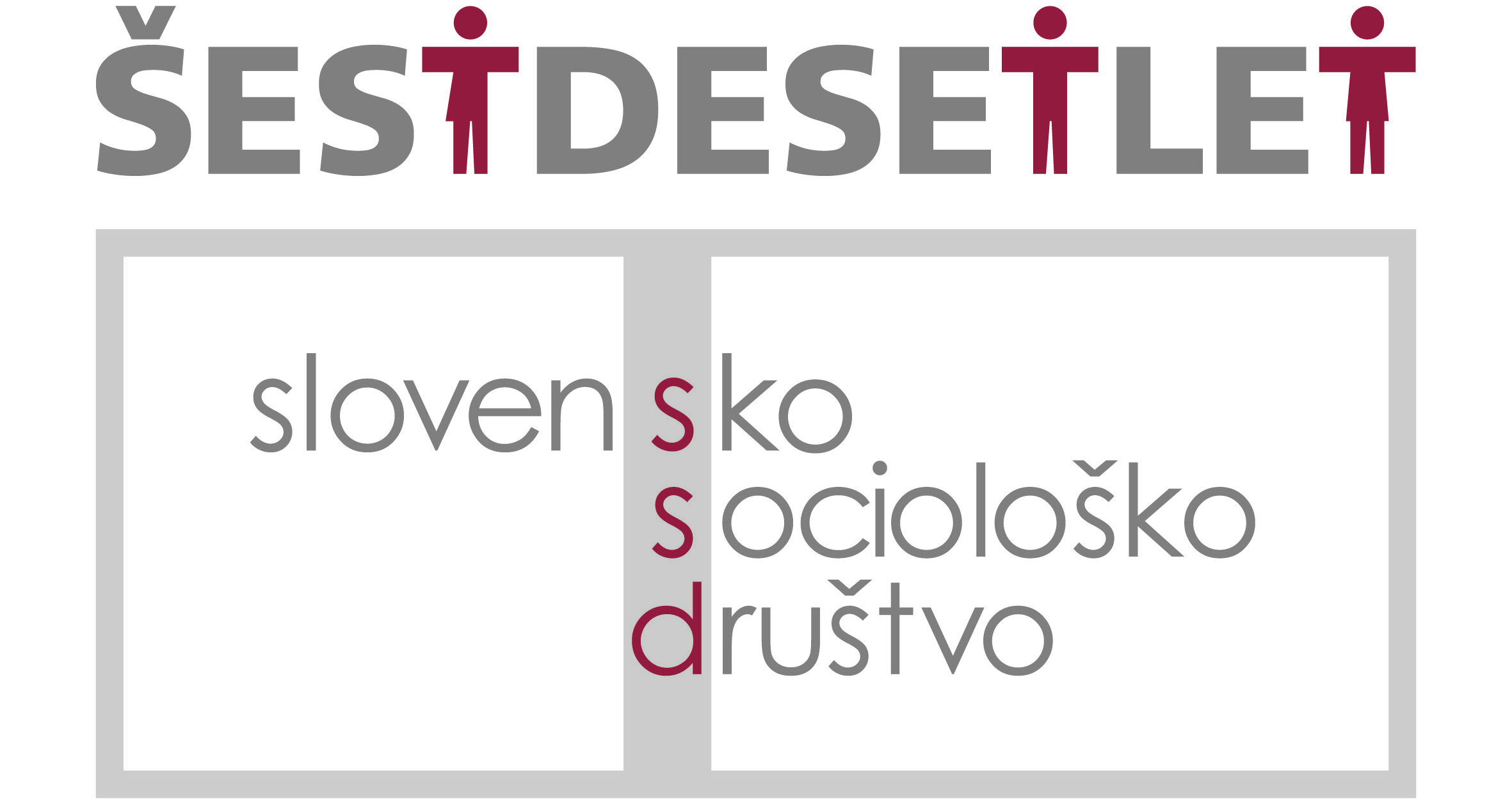Social Science Forum 81 (XXXII)
Exhibiting Yugoslavia
Milica Popović
ABSTRACT: By using memory theory, critical discourse and multimodal analysis, the article examines the narratives of the exhibition “Yugoslavia: From the Beginning to the End” held at the Museum of Yugoslav History in Belgrade in order to identify and analyze the Museum’s discourse in the post-Yugoslav transitional context of the Republic of Serbia. The article tries to demystify the hidden text on Yugoslavia in the exhibition’s catalog and on the Museum’s website. Within the complex context of public narratives on Yugoslav history, and of the position of the Museum as a public institution, the exhibition shows strong convergence with revisionist hegemonic narratives, whilst simultaneously creating a dialogue with counter-memory and nostalgic narratives and thus opening its space up for further conversations on the Yugoslav collective memory.
KEY WORDS: Museum of Yugoslav History, post-Yugoslav narratives, exhibition discourses, collective memory, representations of the past
>> Download
Sexuality detained: The narratives of sexuality under detention in Angelina Jolie's "In the Land of Blood and Honey"
Nena Močnik
ABSTRACT: Existing scholarship has generally omitted the essential theoretical angle and interest in non-violent sex and women’s sexual power and desires in times of war have largely been ignored and excluded from the dominant narrative. The following paper uses narrative analysis based on Angelina Jolie’s “In the Land of Blood and Honey” as a source for debating these under-addressed positions and the rejection of her narrative among the general audiences and professional communities. By studying consensual sexuality under detention, the author wants to shatter the common consideration where sex in war equals rape and abuse and therefore aims to open an understanding of sexuality in war beyond those narratives.
KEY WORDS: sexuality, narratives, docu-art, In the Land of Blood and Honey
>> Download
Symbolic violence of gendering through language and practices of resistance in higher education
Nina Perger
ABSTRACT: The article analyses androcentrism and cisnormativity in language with a focus on the meaning of such linguistic practices in higher education, which is characterised by symbolic power constituted by the authorisation of higher education for the production of expert discourse. Through the dominant use of established linguistic practices, the formalisation of cisnormative and androcentric linguistic code is reproduced along with social asymmetrical
gendered power relations. The article includes research findings on the perception of sexism in higher education with a focus on findings on sexism in language. It concludes with an analysis of linguistic practices of resistance aiming for the destabilisation of cisnormativity and androcentrism in language which could be effectively implemented by the use of underscore.
KEY WORDS: symbolic power, gendering, authorised speech, gendering, cisnormativity, androcentrism
>> Download
Between freedom of expression and hate speech: Dilemmatic relationships
Mitja Sardoč, Boris Vezjak
ABSTRACT: Both historically and conceptually, freedom of expression is one of the basic civil liberties associated with the rights-based conception of citizenship and also one of the most important principles of a democratic society. The paper identifies both traditional and contemporary functions associated with freedom of expression and presents the basic interests associated with it. This is followed by an analysis of the limits of freedom of expression and the related issue of hate speech, along with a presentation of certain dimensions of the legal basis of hate speech. We then discuss why hate speech represents the limits of freedom of expression and present a proposal for the use of conceptual analysis in the identification and definition of hate speech. The final section of the paper presents some fundamental objections to both freedom of expression and hate speech.
KEY WORDS: freedom of expression, hate speech, limits of the freedom of expression
>> Download
Vulnerability to climate change and participation
Ivo Švigelj
ABSTRACT: The following study tries to establish whether it is possible to ascertain participation as an important factor of vulnerability to climate change. The thesis is therefore: the quality of participation influences vulnerability to climate change. In order to examine the thesis, vulnerability to climate change is defined, and the quality of participation is operationalised with the five most important dimensions. This model is then applied to a case study of a decision-making process on flood protection measures for south-west Ljubljana. Semistructured in-depth interviews and an analysis of written communication sources are used. Important deficiencies regarding all five of the most important dimensions of participation are discovered and, therefore, it can be concluded that in the analysed case a low quality of participation enabled the vulnerability to remain high.
KEY WORDS: vulnerability, climate change, participation, flood security
